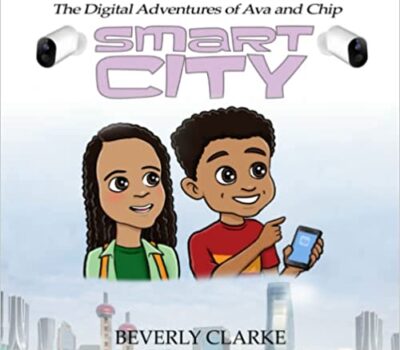


Our team sorts through all blog submissions to place them in the categories they fit the most - meaning it's never been simpler to gain advice and new knowledge for topics most important for you. This is why we have created this straight-forward guide to help you navigate our system.


And there you have it! Now your collection of blogs are catered to your chosen topics and are ready for you to explore. Plus, if you frequently return to the same categories you can bookmark your current URL and we will save your choices on return. Happy Reading!
I will give a brief overview from my perspective of classroom education that can be brought outdoors. I will share from the brief time I spent as a teacher and the 4 ½ years as an outdoor instructor. This is my passion!

Your outdoor education provider’s perspective
Many groups /clients (or whichever term an outdoor sports provider chooses to address their customers as) are of school age but from my experience here in Malaysia, are also of university age. So for me, as someone who has chosen a career in the outdoor industry, it’s important to understand why schools and universities come to us for residential and day trip programmes.
Very few education boards/ heads or teachers would continue to use an outdoor provider that just gave the pupils fun day/days out in return for little to no benefit in regard to things like teamwork or relevance towards their curriculum etc. So the more we can incorporate what the majority of groups that use us want, the better. From an outdoor instructor’s viewpoint, we need to be thinking along the lines of, ‘How can we supplement their curriculum or improve classroom dynamics?’ When I say dynamics I mean enhanced relationships between pupils, pupils and teachers or both. These are by no means the main or the only benefits of taking your students out of their indoor classroom and into the great outdoors.
Viewpoints from the school/education institute’s perspective
From my 2 years as a volunteer teacher/assistant teacher at an NGO school here in Kuala Lumpur, Malaysia, my eyes were really opened to the stresses teachers face. Most days they work they encounter under-funding/ under-staffing/ problem students/ prepping exam papers/ marking and on and on. With this the case, anything that can help relieve those stresses is of course welcome! The school I volunteered at was mainly run by donations, so it didn’t have funds to take certain years away for ‘outdoor residential’ but there was one time we went camping in the jungle for all the boys who signed up for the school football (soccer) programme.
It was definitely beneficial for the pupils. They learnt stuff like greater independence as we limited helping then planning the camp cooking/ ingredients etc. On the trip there was also limited help with putting up tents/ fire starting and cooking. They learnt teamwork as they were in small teams for each tent. They also learnt how to deal with adversity because as they were finishing putting up their tents it began to rain quite heavily and consistently. This made lighting fires and cooking much harder, even when under a make shift cover, as finding dry wood was very hard. I believe the trip helped the kids blow off some stress from school life too.
Outdoor education has been around from the very earliest days of mass formalised education and of course must have been around in different forms since academic education has existed. If you want to look into some of ideas a bit more and the history of modern outdoor education here is a good place to start https://en.wikipedia.org/wiki/Outdoor_education.

Summary
Outdoor education has had a long and varied history but has been proven to be very beneficial especially if done correctly. With education, especially public funded education, stretched for funding I encourage you in the education industry/ outdoor sports industry/ parents or others that outdoor education benefits. I also encourage you to continue to look at ways to improve support and ensure that your school/ area and society at large embrace its benefits. Please don’t look at it as something secondary or not important to your improvement in providing education to your students. Yes technology in the classroom is of course going to continue to develop and become more important but that great feeling that comes with going outdoors for a geography study trip/ simple kayaking/ climbing a rock face can’t be replicated in a classroom or any building!
Don’t just take my word for it, as a biased lover of the outdoors, and someone who works in the outdoor sports industry! Read up on it – there’s tons of information out there. Research is great if you’re sceptical/ trying to save on your annual residential trip or trying to convince others to establish one at your educational institute.

The author

Read more
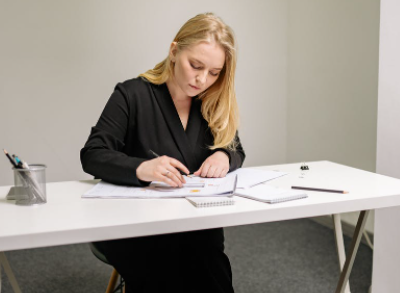
Read more
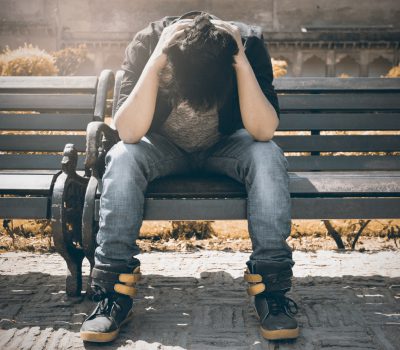
Read more
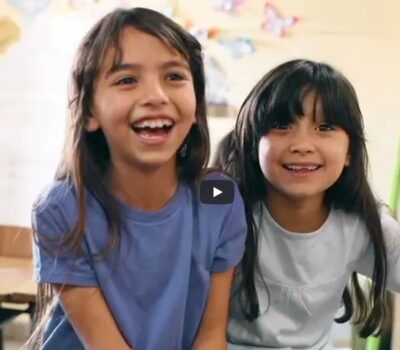
Read more
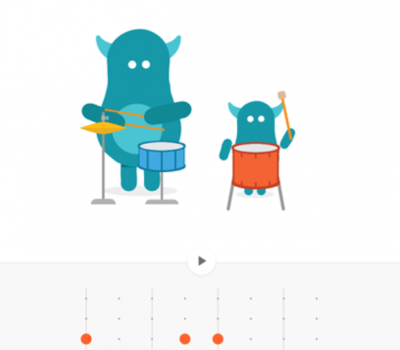
Read more

Read more

Read more

Read more


Are you looking for solutions? Let us help fund them! Nexus Education is a community of over 11,000 schools that come together to share best practise, ideas and CPD via online channels and free to attend events. Nexus also offers funding to all school groups in the UK via nexus-education.com


Established in 2011, One Education is a company at the heart of the education world, supporting over 600 schools and academies. Our unique appeal as a provider is in the breadth and synergy of the services we offer, supporting school leaders, teachers and support staff to achieve the best possible outcomes for their pupils and staff.

School Space is a social enterprise that has empowered schools for over 12 years through their profitable and hassle-free lettings services. So far, they’ve generated over £5 million in revenue for education, helping to connect over 200 schools with their local communities.


Unify is an online sales and marketing tool that allows users to create tailored personalised documents in moments.


There’s nothing special about the energy we sell. In fact, it’s exactly the same energy as all our competitors provide. But there is something special about the way we do it. Where others complicate the process, we simplify it. Where others confuse customers with hidden terms, we’re an open book. And where others do all they can to make as much money from their customers as possible, we do all we can to make as little. Everything we do, we do it differently. Our customers are a privilege. One we’ll never take advantage of.


Securus provide market-leading monitoring solutions to safeguard students on ALL devices both online and offline. We also offer a full monitoring service, where we carry out the monitoring on behalf of the school, freeing up valuable staff resources. From the smallest school to large MAT groups, Securus offers safeguarding protection for all!


Bodet Time offers dedicated solutions to education through lockdown alerts, class change systems, PA and synchronised clock systems. Improving time efficiency of the working and school day; ensuring safety through lockdown alerts; increasing communication with customised broadcast alerts.


Robotical makes Marty the Robot - a walking, dancing coding robot that makes programming fun and engaging for learners as young as 5. Our robots come with a full Learning Platform that has complete teaching resources, to make lesson planning a breeze.